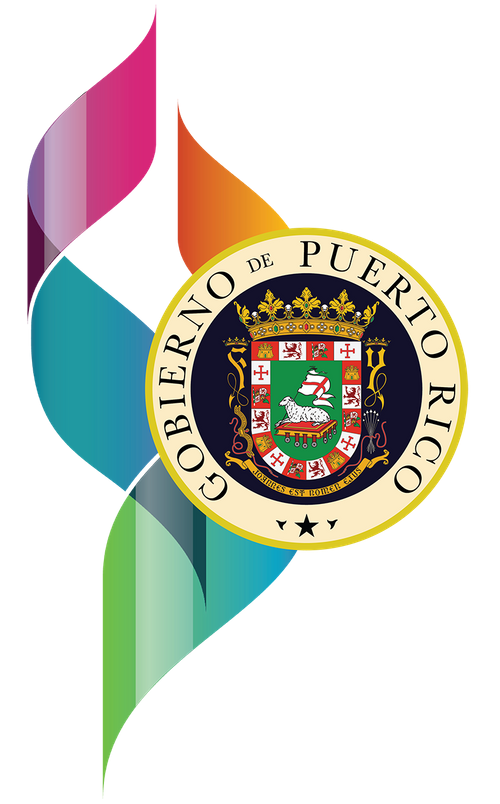Every year, possible natural disasters, such as floods, earthquakes, and hurricanes challenge communities in Puerto Rico. In addition to addressing power outages and the loss of lives and property from natural disasters, municipalities and central government agencies are tasked with the difficult job of managing the large amounts of disaster debris and municipal solid waste that may be generated by these disasters. Strong and resilient solid waste infrastructure and management are necessary to mitigate possible hazards resulting from disaster debris and municipal solid waste. Disaster debris often includes building materials, sediments, vegetative debris, and personal property, while municipal solid waste can include unsorted household hazardous waste and vermin attracting materials such as food scraps and packaging. Large quantities of debris and municipal solid waste can make recovery efforts difficult by, for example, hindering emergency personnel, damaging or blocking access to necessary infrastructure, and posing threats to human health and the environment.
Impacts from Hurricanes Irma and Maria, recent earthquakes, and the COVID-19 pandemic are continuously affecting solid waste infrastructure and disaster debris management operations. For example, approximately 2.5 million tons of debris were generated by Hurricanes Irma and Maria, thus reducing the already limited landfill space in Puerto Rico.[1] Also, the current COVID-19 pandemic had suspended or greatly reduced recycling operations and increased materials going into land disposal facilities as a result.[2] Ongoing disaster response and recovery operations are expected to further reduce landfill capacity from structure demolition and construction. If disaster debris is to be effectively managed after future disasters, capital investments and strategies related to solid waste operations must be planned and implemented beforehand.
Each municipality in Puerto Rico is responsible for the collection, transportation, segregation, recycling, and disposal of municipal solid wastes. The 78 municipalities in Puerto Rico conduct these activities with a combination of municipally owned resources and private contracts. As municipalities update their Local Hazard Mitigation Plans and the Government of Puerto Rico updates the State Hazard Mitigation Plan, strategies should be included in the revised mitigation plans to prevent or reduce risks resulting from the negative impacts of solid waste and debris before and after a disaster. These risks can be examined in terms of property, the economy, natural systems, infrastructure systems, government operations, and populations, with a focus on populations more likely to suffer loss or long recovery times from a disaster. Investing in resilient planning, solid waste infrastructure, deconstruction of unoccupied structures for land repurposing and economic development can help reduce risks from natural and human-caused hazards.
[1] American Society of Civil Engineers (2019). Report Card for Puerto Rico’s Infrastructure. Available at: https://www.infrastructurereportcard.org/wp-content/uploads/2019/11/2019-Puerto-Rico-Report-Card-Final.pdf (Accessed: August 7 2020)
[2] Alvarado. Gerardo (2020). ‘La emergencia causada por la pandemia trastoca el reciclaje en la isla’, El Nuevo Dia, 21 April. Available at: https://www.elnuevodia.com/noticias/locales/notas/la-emergencia-causada-por-la-pandemia-trastoca-el-reciclaje-en-la-isla/ (Accessed: August 7 2020)

